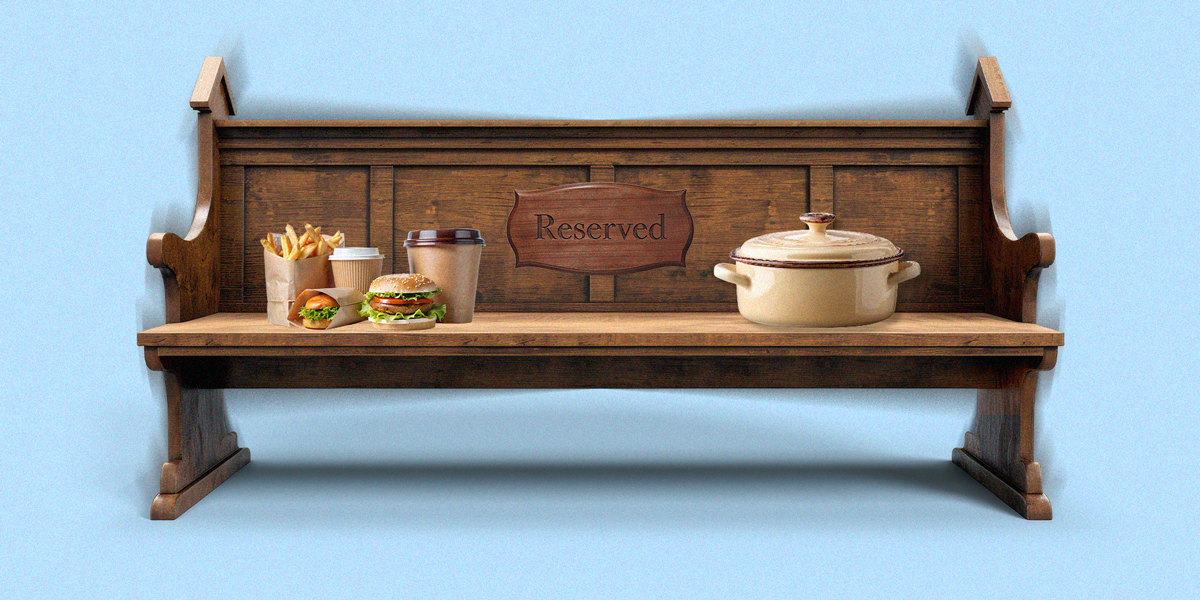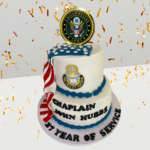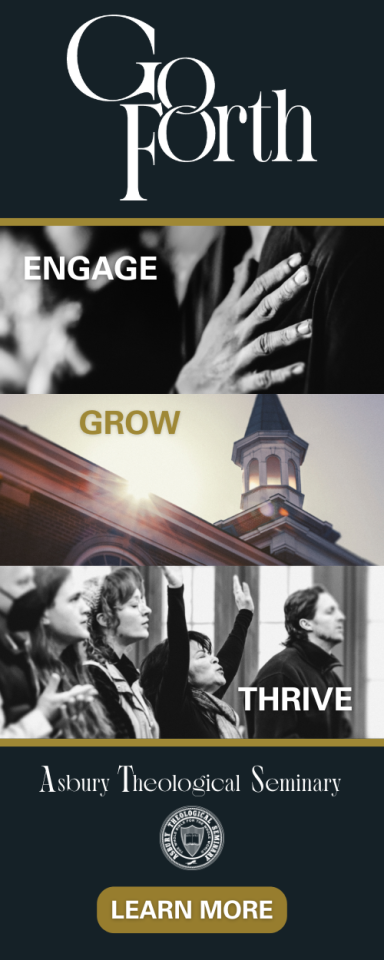By John Harrell
“Renting pews” is usually when the eyebrows jump. Hearing about Free Methodist origins for the first time, people unfamiliar with B.T. Roberts’ tribe of Wesleyans find it faintly scandalous that Christian churches could ever have received payment from worshippers to reserve their Sunday seats.
But so it was in 1860. “All seats shall be forever free” declares the Free Methodist Book of Discipline some 39 General Conferences after Roberts and his band of church boat-rockers affirmed with their feet and their pulpits that the good news to the poor was more important than fundraising for the parish, especially when it sent them packing to second-class seating.
So it is in 2025 too. Today the barriers to fellowship come in plunking down money or precious resources for other forms of fellowship — just not the pews. The Bible study, purportedly open to all people but which meets at a restaurant and includes no word of scholarship support in the invitation, may not be charging for pews, but there is built-in ostracism in the implicit requirement either to go hungry amid the dining others or to spend money that might otherwise have been used to survive. The seat still costs. Not all Christian communicants can afford a $17 plate of pasta or the indignity of being the only person not to order one.
Free food can have hidden fees too. Potlucks, often inexpensive alternatives to procuring food for an entire congregation, invite everyday folks to share what they have. But when we ask families with last names K through Q to bring a covered appetizer, aren’t we assuming that folks K through Q have the means to do so? What of the single parent whose water is about to be shut off? Should that family be expected to bring a casserole?
_
“How does the church safeguard the peculiar ‘freedom’ for which Christ set it free?”
_
Access and Dignity
Resource barriers, soft or hard, to fellowship have the same effect as charging money for Sunday seats. At bottom it’s about access and dignity, about the original Free Methodist conviction that a life of Jesus’ grace in community should be barrier-free for people of all prosperity levels, especially for the poor. It’s not wrong for the church to offer Bible studies at restaurants. It isn’t wrong to hold potlucks or missions experiences that cost.
The question is: How does the church remove class hurdles, implicit or explicit, from participation? If FMC stands for Free Methodist Church (and not, say, faintly middle-class) — the eyebrows often go up again to learn that Free originally meant, in part, You don’t have to pay to worship here — then how does the church safeguard the peculiar “freedom” for which Christ set it free?
Scholarships and Societies
Eight words, wrapped broadly and genetically into the church’s DNA over time across all programs through careful repetition, can make a ton of difference: “Scholarships are always available. Just say the word.” To the cash-strapped family, those words can say: We want you here. No charge.
What if the restauranters became not just a Bible study that meets at Applebee’s, but a hospitality group that exists to study God’s Word and to bestow a delicious meal to any frazzled parent who shows up (and who is also, by the way, receiving free child care for that hour from a church volunteer), loves Jesus, and is short on food?
All-church meals don’t have to stop either. Here again, a few words — printed, texted, spoken from the pulpit, displayed on a banner — can change the entire equation for a church family in poverty. Families K through Q and all the rest: “Bring something if you can. If you can’t, come anyway and eat for free. You’re one of us.”
“Free,” as a relative likes to say, “is my favorite flavor.” It’s also our chosen flavor as a tribe, and on purpose, so much so that the Discipline repeats itself: “All seats shall be free.” Thankfully, the word seems to be out there. Last month a Methodist podcaster got it right when, describing a resource for purchase, he told the audience that scholarships were available. That’s the spirit.
_
“We can do better.”
_
But it has to be safeguarded. A society tends to default to the prevailing class assumptions of its prevailing class. Hence Free Methodist “societies” (the technical term for our churches) imply a certain watchfulness to make sure that economic pole vaulting isn’t required for showing up in fellowship.
Who are the tactful, winsome souls who can raise a hand and say, “We need to make sure folks know that the mission trip is open to everyone, even those who can’t or shouldn’t pay”? Who on the board or the finance team will be tasked with wrapping healthy scholarshipping into the church budget each year to absorb plenty of new dips into the “Free” fund? Who are the pastors who will go on record, as Roberts et al. faced hot water for, that keeping the good news accessible to the poor truly is more important than revenues that trample dignity?
Removing economic barriers to fellowship is a messy prospect. It would mean reimagining how we break bread together “with gladness and singleness of heart” (Acts 2:46 KJV). Burdensome? Logistically challenging? Of course. Cherished forms of gathering will have to be revised. There will be a little grief.
It’s a lot to ask. But then, our status quo can be a lot to ask of the poor. We can do better. Still, if tearing down the paywalls around Christian fellowship proves tiresome, there’s always a fallback: We could just streamline the whole revenue structure, follow our predecessors, and rent out the pews.
+

John Harrell is an elder in the Wabash/New South Conference.











